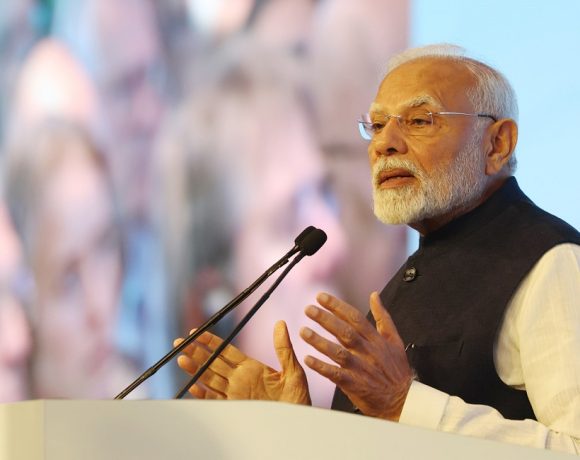
Centre’s Guidelines Revive Bike Taxi Hopes in Karnataka
The Central government’s latest revision of the Motor Vehicle Aggregator Guidelines has reignited hope for thousands of bike taxi riders in Karnataka, following a sweeping ban imposed last month. The Ministry of Road Transport and Highways officially amended the Aggregator Guidelines 2025 on July 1, allowing private motorcycles to be used as ride-hailing vehicles for both passenger and delivery services, pending state government approval.
Bike Taxi
This development offers a potential lifeline for over 600,000 bike taxi riders and their families who lost their primary source of income after Karnataka enforced a High Court ruling in June. The court had declared that private bikes could not be used for commercial purposes unless backed by formal state-level regulations. The sudden suspension triggered widespread protests and hunger strikes across Bengaluru, Mysuru, Mandya, Davangere, and Ramanagara.
Karnataka
While the Centre’s guidelines are advisory in nature, they give states a 90-day window to formulate and notify appropriate rules to implement bike taxi services legally. Karnataka, however, remains in a legal limbo. Despite repeated appeals from gig workers and aggregators, the state had until now remained firm in enforcing the ban, with several bikes being seized and legal action taken against operators continuing services under the radar.
Transport officials had cited the absence of state rules and passenger safety concerns as reasons for halting services. The central policy shift now empowers Karnataka to draft its own framework, which can resolve these legal ambiguities and enable regulated operations.
Guidelines
The updated guidelines mandate specific safety norms, insurance coverage, rider verification, transparent fare mechanisms, and digital onboarding protocols. A centralised portal is expected to streamline the licensing process for aggregators, including fee submissions, deposit tracking, and application status monitoring.
With the Centre’s nod, pressure is mounting on the Karnataka government to swiftly adopt the changes and reinstate the services under a regulated model. Industry bodies have urged the state to act promptly, pointing out that the services not only provide livelihoods but also support urban mobility and last-mile connectivity.
Commuters have also voiced their support, citing the affordability and convenience of bike taxis, especially in congested areas where larger vehicles struggle. Meanwhile, legal experts suggest forming a joint committee involving state officials, aggregators, and driver representatives to ensure any policy is inclusive and enforceable.
Whether Karnataka seizes this policy opportunity remains to be seen. But for now, the Centre’s move has rekindled hopes for the return of bike taxis, balancing both regulation and economic survival in one of India’s fastest-growing urban sectors.


















